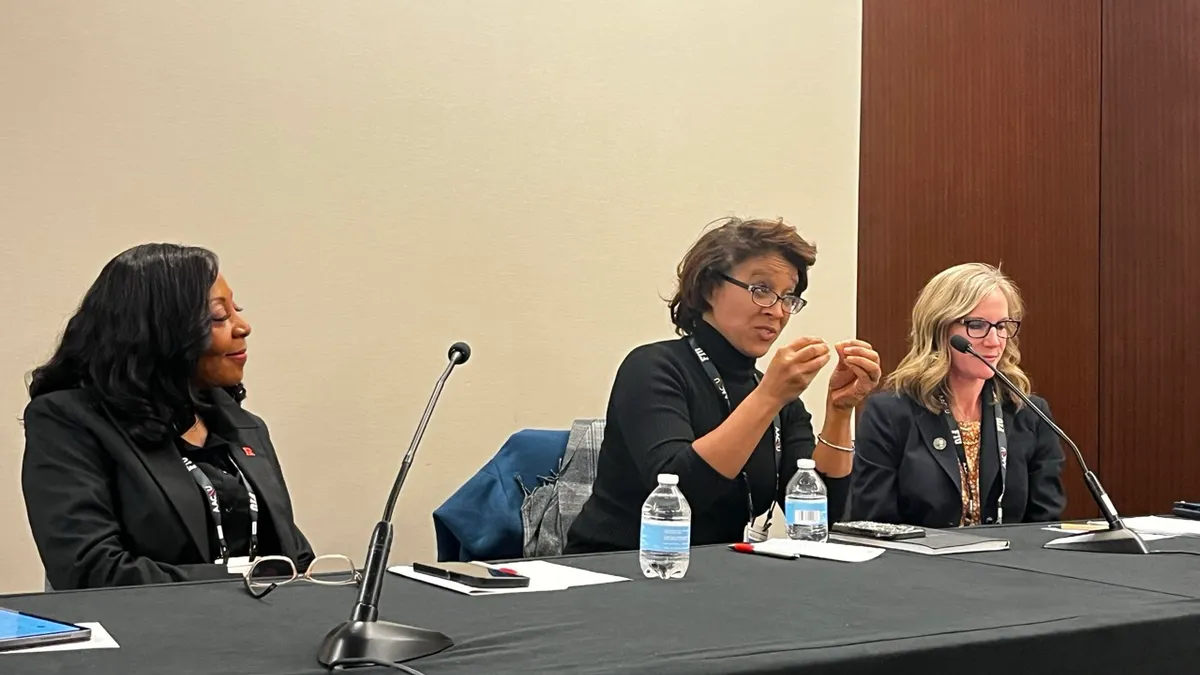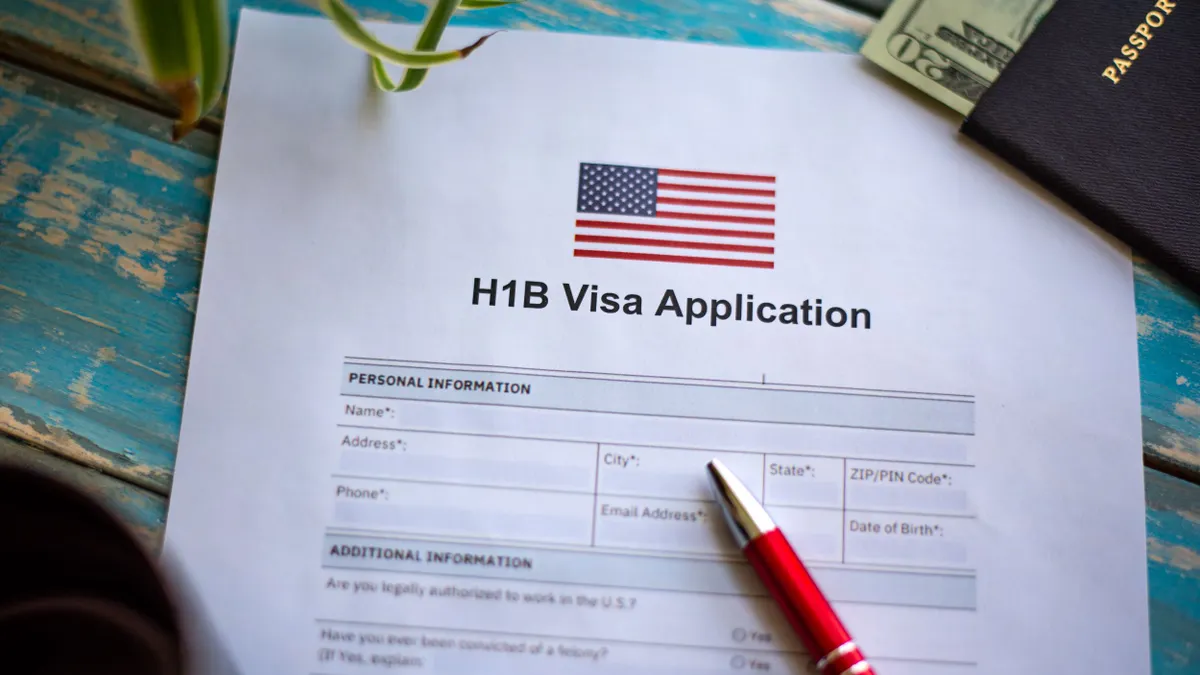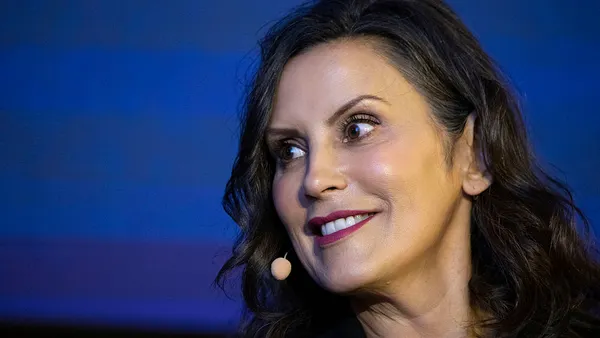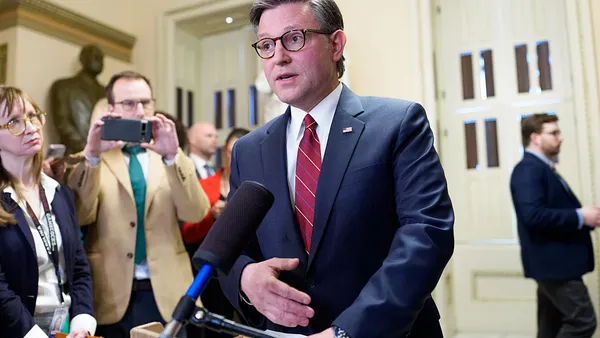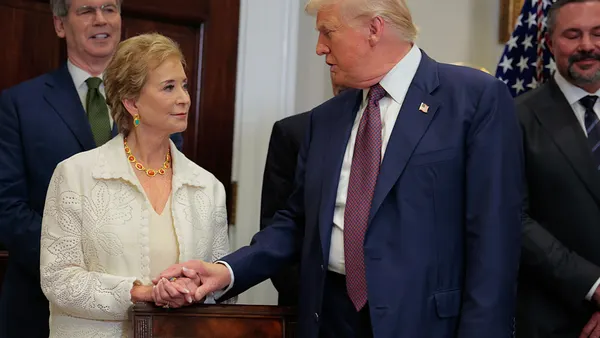The U.S. Department of Energy canceled plans to issue a rule that would have removed a regulatory requirement for colleges and schools receiving funding from the agency. The requirement in question is meant to level the playing field between women and men in athletics.
The Energy Department’s rule would have no longer required colleges and schools receiving Energy Department funding to provide women or girls a chance to try out for contactless men’s or boys’ sports teams in cases where no equivalent sports team exists for them.
Under current requirements, for example, girls must be allowed to try out for spots on the boys’ baseball team if there is no girls’ softball team.
In May, the Trump administration quietly proposed rescinding this requirement, along with a handful of other regulatory changes, by issuing a “direct final rule.” That process is usually reserved for uncontroversial regulations that are not expected to receive pushback, allowing an agency to issue new policies without incorporating changes based on public feedback.
On Sept. 10, however, the Energy Department said it was withdrawing the proposed change entirely after it received over 21,000 comments — many of them opposing the changes. The rescission came after the administration initially delayed the rule’s July 14 effective date until Sept. 12 amid significant pushback.
The withdrawal was celebrated by Title IX civil rights advocates, who worried the rule would reverse progress for girls and women in sports.
However, a handful of other changes remain — albeit delayed — on the Energy Department's docket that would impact colleges and schools receiving the agency's grants.
For example, the agency still plans to move forward with a rule that would no longer require colleges and schools to prevent systemic racial discrimination that may result from seemingly neutral policies.The Energy Department has twice delayed that proposal's effective date as a result of pushback, most recently to Dec. 9.
"Withdrawing the athletics rule shows that public pressure works, but continuing forward with the other rules shows this administration is still determined to chip away at opportunities for women, girls, and communities of color," said Shiwali Patel, senior director of safe and inclusive schools at the National Women’s Law Center, in a Sept. 9 statement. "Rescinding these other rules will deepen inequities in education and beyond."
Patel and other education civil rights experts have expressed concern over the rules being issued through an expedited process.
The Energy Department did not comment in time for publication. However, it said in its notice of the proposal's withdrawal that it is allowed to propose a rule in the future "that may be substantially identical or similar to those previously proposed."
The administration's decision to release the proposed rules through the Energy Department and attempt to push them through quickly marks a shift from typical K-12 policymaking, which is usually left to the U.S. Department of Education, some education experts said in July.
It could have been a trial run: Had the Energy Department's proposals gone uncontested, it's possible other agencies would have also tried setting education policy this way, they said.
“This is a paradigm shift on the part of how the federal government articulates and connects some of these tools to their education priorities,” Kenneth Wong, an education policy professor at Brown University, said in July, when the rules were originally set to take effect. “Basically every single school, in practically every single school district, has some grants from one of the many agencies in the federal government."





